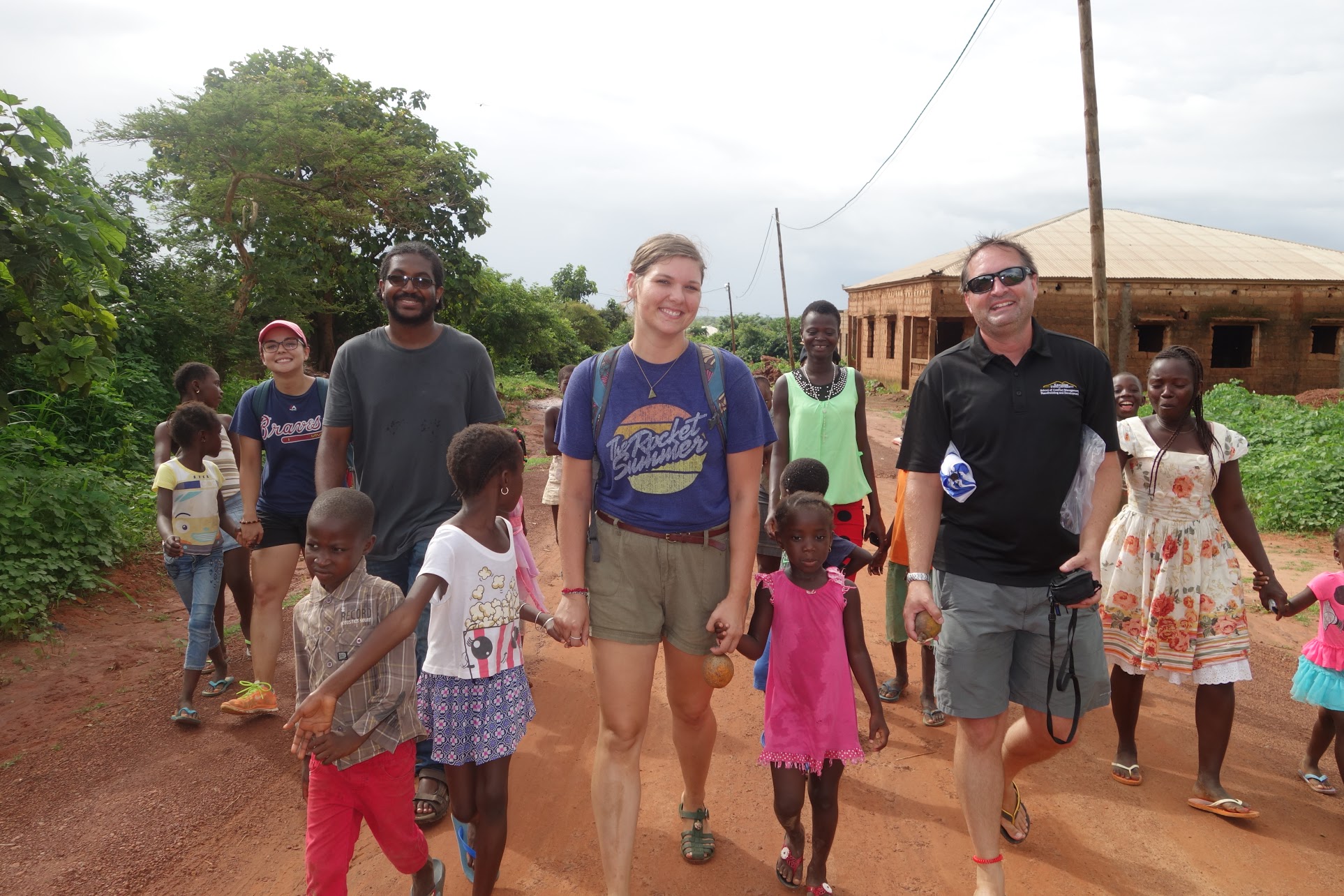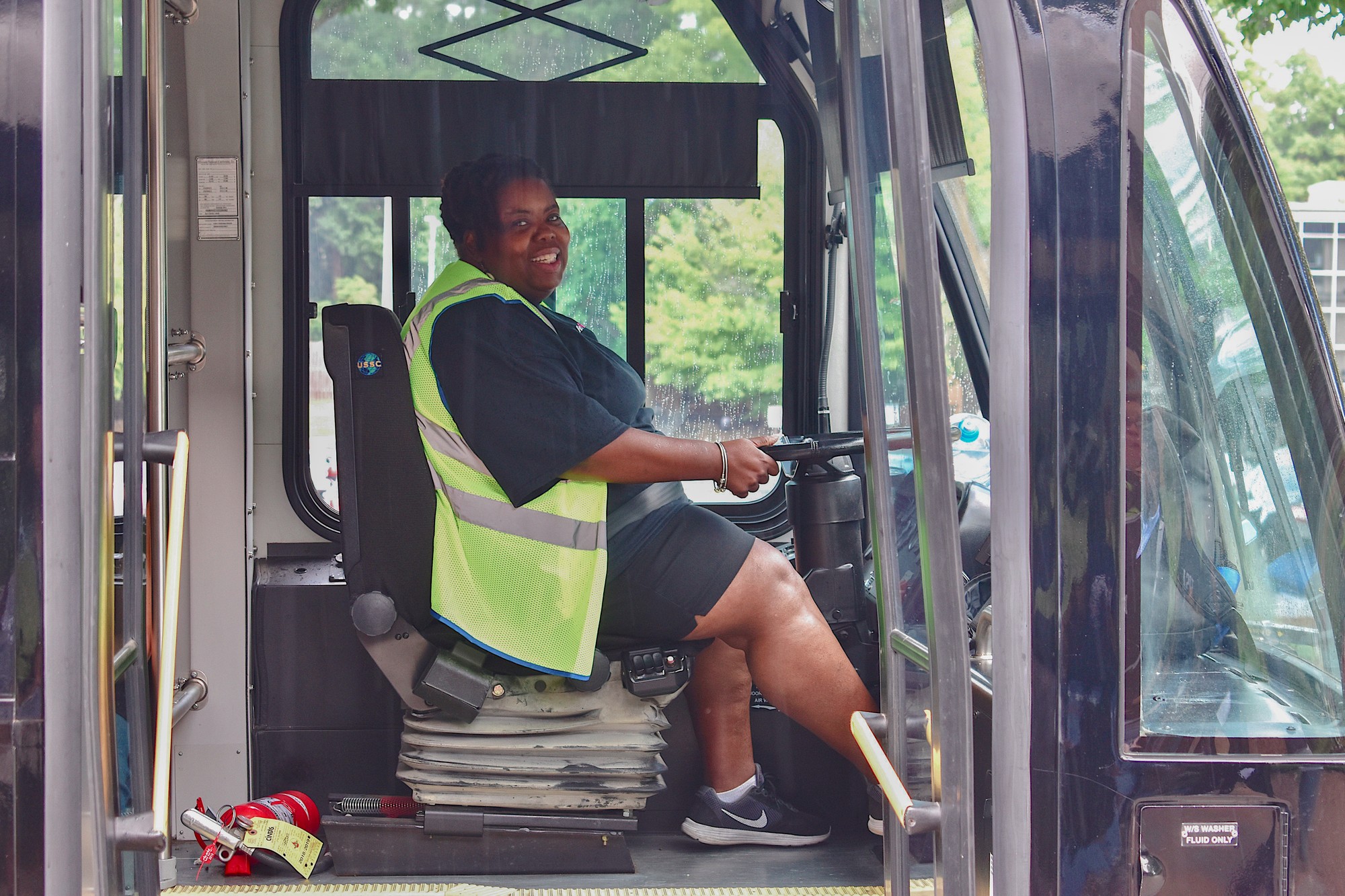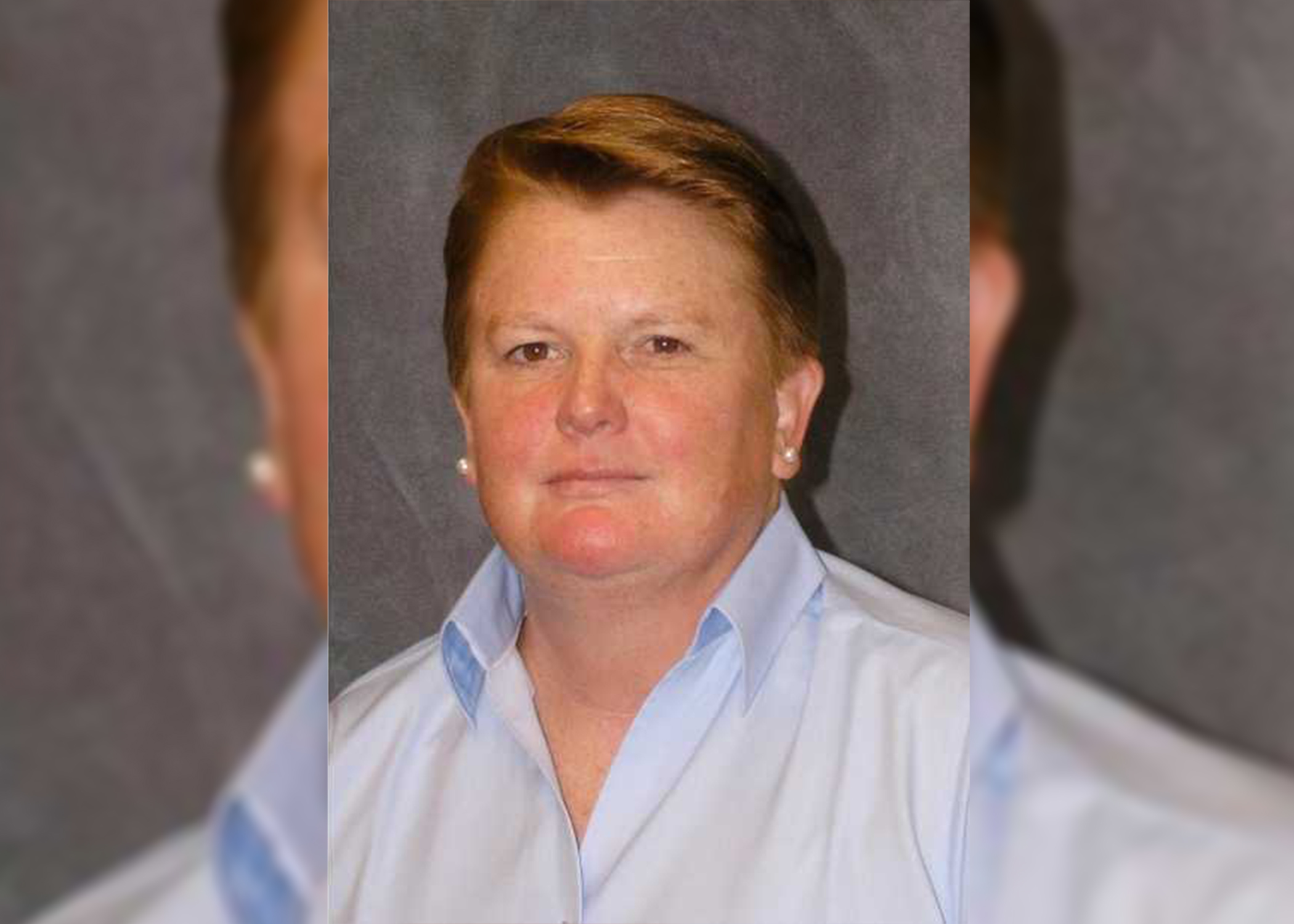A Kennesaw State director and associate professor, accompanied by three undergraduate students traveled to the West African country of Guinea-Bissau as a part of a collaborative environmental research program in July earlier this year.
Dr. Brandon D. Lundy, associate director of the School for Conflict Management, Peacebuilding and Development said he invited three students to travel with him to Guinea-Bissau this past summer to take part in an innovative undergraduate research program with the Department of Geography and Anthropology. Participating students included Sami Wilson, Rachel Langkau and Kamran Sadiq.
Due to violent conflict in the country of Guinea-Bissau in the late 1990s, the U.S. Embassy and other organizations, such as the Peace Corps, suspended operations within the country. Due to a lacking U.S. Embassy in Guinea-Bissau, Lundy said he had to coordinate with the U.S. Ambassador for Senegal in order to travel and study in the country.
Lundy said his team was the first U.S. involved educational-cultural initiative green-lighted by the U.S. Embassy to travel to Bissau since renewing operations in 2014.
“One of the goals of this project was to take undergraduate students here who are interested in environmental issues and pair them up with students in places like Guinea-Bissau, who are also interested in environmental issues so they can learn from each other,” Lundy said.
The students combined their studies in anthropology, environmental studies, psychology, geography and Portuguese to grow in their disciplines as well as study with the university students in Guinea-Bissau about the current environmental issues of their country, Lundy said.
One of the environmental issues the team faced was the impact that poor governance is having on wetland and flood zones of Bissau, Guinea-Bissau’s capital city. It was brought to their attention that there has been a lot of illegal construction going on in these areas, which causes homes to be lost and trash to seep into the water supply. Lundy said the illegal construction causes loss of life in these urban areas.
“The reason we chose Guinea-Bissau is because they are facing these environmental issues more-so than others because they are essentially below sea level,” Lundy said. “This means that as climate change and sea level rise happens, they are going to experience a lot of it first, and it’s really important to not only be able to protect their endangered environments but also to be proactive in how we manage these future potential situations.”
In the field, KSU’s undergraduate research students had the opportunity to assist in developing the research instruments, become experts on the environment in Guinea-Bissau, create a research question, develop a methodology and be involved all the way to data collection and analysis.
“They’ve been there at every step of the way. I’m thrilled that they’re very invested in this project,” Lundy said.
Lundy said he is excited about continuing this innovative student research program in the coming years.




